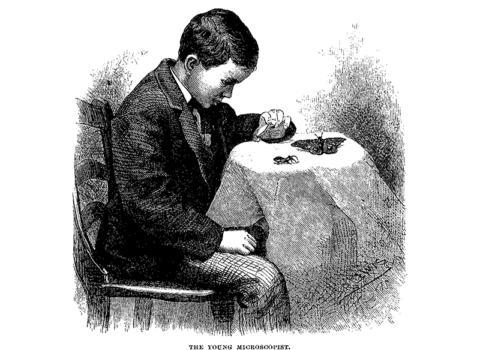Paris Memories
Paris Memories is a new film about the experience of two survivors of the Bataclan terrorist attacks of November 2015, during which 130 people were killed in a theater and in various cafés and restaurants on the Right Bank of Paris. The movie came out in French cinemas on September 7, just as I was beginning to see Paris again as a beacon of cosmopolitan freedom—so different from New York’s cultural orthodoxy. When I arrived at the theater in the Place de Clichy at the theater showing Paris Memories, I was reminded of the French spirit of tolerance that allowed the release of An Officer and a Spy, a film by Roman Polanski, who remains reviled in this country due to his sexual assault on a thirteen-year-old girl forty-five years ago in Los Angeles.
In the United States and in Canada, film distributors are so intimidated by the threat of a boycott that Polanski’s wonderful portrayal of the anti-Semitic victimization of Captain Alfred Dreyfus by the French government and military has still not been shown in a commercial theater. This is ridiculous hypocrisy: in New York, the city with the largest Jewish population in the world, anyone can borrow Adolf Hitler’s Mein Kampf from the public library, but they can’t buy a DVD of An Officer and a Spy with English subtitles.
That’s a loss for Americans, who, in any case, hardly know how to make a subtle or nuanced film anymore. The French, however, can enjoy watching Virginie Efira (who plays Mia) and Benoît Magimel (playing Thomas) relive their struggle to restore not only their humanity but also their actual memories of the trauma they experienced inside a restaurant on the night of the Bataclan attacks. The script conflates real events and fiction, but the film is not supposed to be a documentary. The cinematic result is a sort of metaphorical bandage applied to the literal bloodbath.
What is missing from the film, however, is a political reference, though I stress that I don’t necessarily mean this as a criticism. Alice Winocour, the director, is of course under no obligation to address the motivations of the Bataclan attackers or explain the venomous origins of radical Islam. But as I left the theater, I couldn’t ignore the contrast between the contextual void of the film and the French media’s saturation with legal proceedings against Muslim terrorists. In Paris, the nine-month Bataclan trial ended in July and was followed, on September 5, by a trial concerning the truck attack in Nice (during which 86 died on the night of July 14, 2016), then by the start of the appeal process for the attackers of the satirical magazine Charlie Hebdo and the Hypercacher supermarket (17 people killed in January 2015). All that against the backdrop of the knife attack on Salman Rushdie on August 12 of this year in Chautauqua, New York.
It’s true that in France the defense of secularism—as well as solidarity against Islamic terrorism—is considerably stronger than in the United States. The day after the Charlie Hebdo attack, the whole country rose up in protest, horrified. The day after the attack on Rushdie, the American response was lukewarm. The opinion section of the liberal establishment, the New York Times, has not yet commented on the attack in an editorial, while Le Monde immediately denounced it with eloquence: “The knife of obscurantism has once again lashed out at freedom….The intolerable attack on Salman Rushdie leaves no choice but the uncompromising defense of the freedom to think and to write.” The paper highlighted the “cynical calculus” of radical Islamist factions, who claim to defend an Islam “under attack,” while in fact they’re fighting to win over a larger pool of followers.
Nevertheless, I fear that the roots of Islamic intolerance are also falling victim to the obscurantism of politicians in both France and America. The French presidential campaign this year lacked a strong debate on secularism, and the woke left, in the United States, intolerant of democratic dialogue, puts too much emphasis on the rights of a supposedly oppressed Muslim minority. Another troubling event: socialist Carole Delga, a free-speech activist and guest at the recent festival sponsored by the French communist newspaper L’Humanité, invited to talk about secularism, was “severely heckled by the audience,” according to Le Figaro.
Contrary to the assessment of public prosecutor François Molins (and to what is shown in Paris Memories), the Bataclan killers are not “individuals who came out of nowhere.” To understand them, let’s start with V13, an invigorating collection of Emmanuel Carrère’s reports on the trial. One of the questions he asks is: “Where does the pathological start? When it comes to God, where does madness begin?”
A partial answer comes from Belgian examining magistrate Isabelle Panou, whose remarks were summarized by Carrère: “In 1969, the Belgian government had the idea of isolating its immigrant population, which was mostly Moroccan, by entrusting the management of Moslem religious instruction to a ’neutral’ power that had the means to finance it: Saudi Arabia. Under the authority of this monstrously rich and monstrously backwards nation, Belgium became a breeding ground for Islamists where” many defendants and suicide bombers sprang up. “They grew up together, went to school together, messed around together.” And there’s the germ of an idea for another provocative film.



